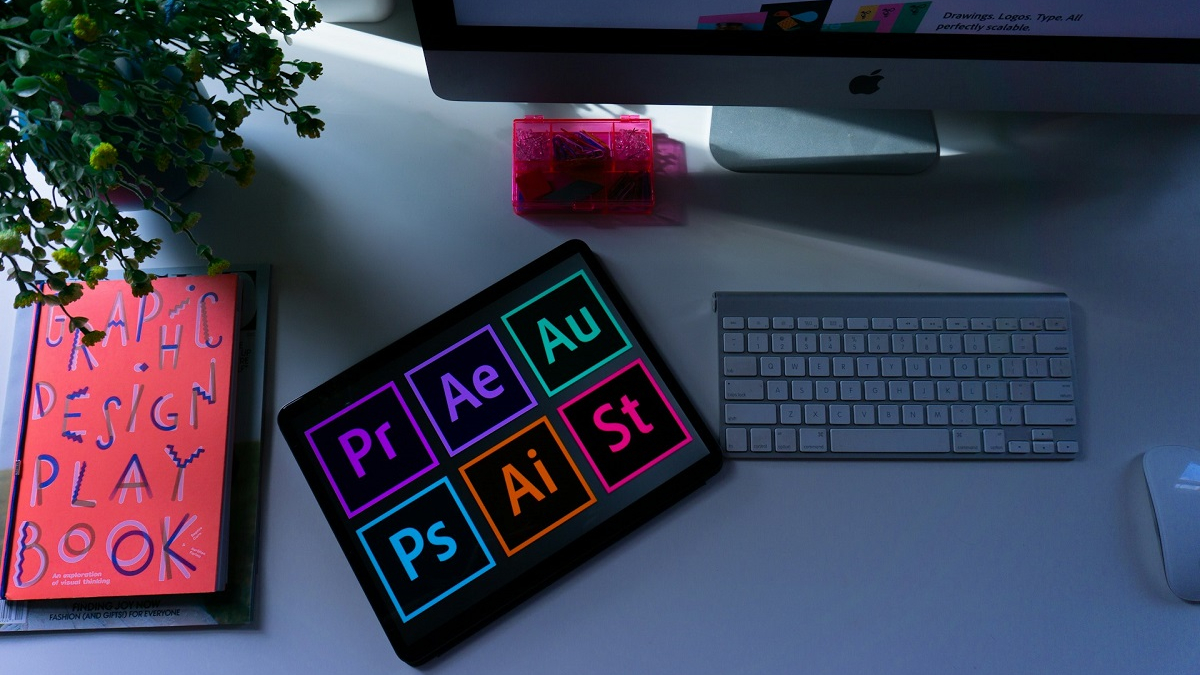
Adobe, a company that has invested heavily in constructing its own native AI platform for generative images and generative image editing, now offers AI video.
The media editing and cloud software giant has previewed generative AI technology that it hopes will redefine video creation workflows for its millions of users.
These tools are slated for release with Adobe Premiere Pro and will let users remove or add and generally edit objects in video scenes.
In essence, they’re a video-oriented version of what Adobe Firefly generative AI can already do with images.
The video below neatly covers the kinds of generative AI tools to expect with Adobe’s near-future release.
The company has also added that it plans on adding third-party generative AI models into its apps such as Premiere Pro.
However, for a consumer release of this and its generative AI video tech in general, Adobe hasn’t yet placed a concrete date.
The company only states that its AI generative video tools will be arriving to Premiere Pro “this year”.
According to Adobe’s publicity for the new technology,
“Creative Cloud has always had a rich partner and plugin ecosystem, and this evolution expands Premiere Pro as the most flexible, extensible professional video tool that fits any workflow. Adobe customers want choice and endless possibilities as they create and edit the next generation of entertainment and media”
The company also emphasizes that its AI video technology shows how pro video editors could soon use video generation from other AI platforms inside Premiere Pro to generate B-roll video.
The company specifically references OpenAI, Runway and Pika Labs along with its own Adobe Generative Extend.
This latter tool is Adobe’s planned release for Premiere Pro and will reportedly offer the ability to seamlessly add generated frames into video clips for the sake of extending them.
Editors can thus create generated media segments for fine-tuning their overall video.
Adobe calls Generative Extend a “breakthrough technology” and we’ll have to see how well it lives up to such a high level of praise.
Other AI features of Adobe’s upcoming generative video tools include “Object Addition and Removal”. This will let users track and then erase objects in footage, much as they already can with Adobe’s Generative AI tools for photos.
“Object Addition and Removal” will be able to remove fixed objects in a scene, add in other items and reportedly could even be used to change an actor’s clothing.
Adobe will also develop its own text-to-video tools for Premiere Pro so that it doesn’t need to entirely rely on third-party versions.
According to Adobe, users will need to “Simply type text into a prompt or upload reference images” to generate a wholly new video.
Adobe has also made ambiguous statements about its generative AI being a mere “starting point” and “source of inspiration” for new creative directions.
The software company adds that it believes in a “more diverse” future for generative AI, though it’s vague on what the specifics of this are.
One thing that creators can be confident with is the legal safety of using Adobe’s generative AI video tools.
As it did with generative AI for photos, Adobe asserts that its assets for generative video will all have Content Credentials attached to them so that users can know where generative AI was used and how it was generated.
Also, just as Adobe’s AI for generating photos uses the company’s own library of content, the video models for its video AI will do reportedly do the same by being serviced from Adobe’s own video content archives.
Adobe’s huge library of over 4 million 4K video clips is one example of the content that likely plays a part in making its video AI tools work.
According to Ashley Still Senio VP of the Creative Product Group at Adobe,
“By bringing generative AI innovations deep into core Premiere Pro workflows, we are solving real pain points that video editors experience every day, while giving them more space to focus on their craft.”
Once we see a consumer market release of these AI tools, we’ll see just how well they work for professional workflows.
If they’re as good as what Adobe has done so far with its existing AI tools for images, then the company’s generative video tools will likely be pretty decent.






